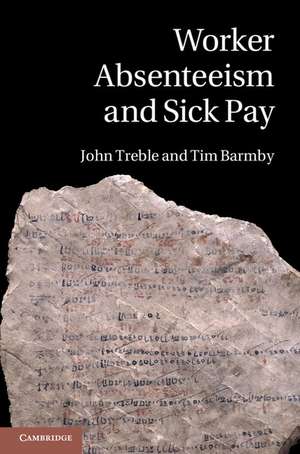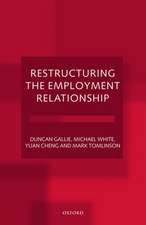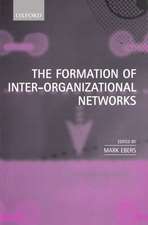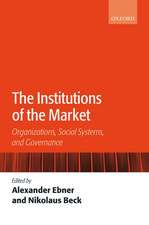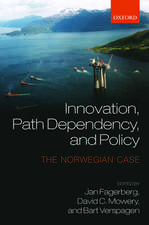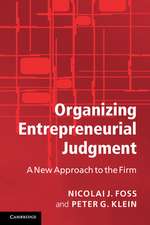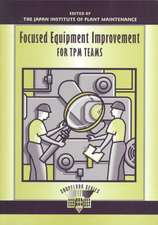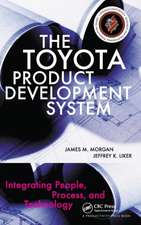Worker Absenteeism and Sick Pay
Autor John Treble, Tim Barmbyen Limba Engleză Hardback – 25 mai 2011
Preț: 440.31 lei
Nou
Puncte Express: 660
Preț estimativ în valută:
84.26€ • 88.26$ • 69.83£
84.26€ • 88.26$ • 69.83£
Carte tipărită la comandă
Livrare economică 09-23 aprilie
Preluare comenzi: 021 569.72.76
Specificații
ISBN-13: 9780521806954
ISBN-10: 052180695X
Pagini: 234
Ilustrații: 36 b/w illus. 9 tables
Dimensiuni: 156 x 235 x 15 mm
Greutate: 0.5 kg
Ediția:New.
Editura: Cambridge University Press
Colecția Cambridge University Press
Locul publicării:Cambridge, United Kingdom
ISBN-10: 052180695X
Pagini: 234
Ilustrații: 36 b/w illus. 9 tables
Dimensiuni: 156 x 235 x 15 mm
Greutate: 0.5 kg
Ediția:New.
Editura: Cambridge University Press
Colecția Cambridge University Press
Locul publicării:Cambridge, United Kingdom
Cuprins
List of figures; List of tables; Preface; 1. Introduction; 2. The supply of absence and the provision of sick pay; 3. The demand for absence; 4. The markets for absence and for sick pay; 5. A brief introduction to identification; 6. The market for absence: empirical evidence; 7. The demand for absence: empirical evidence; Appendix to Chapter 7; 8. Policy implications for firms; 9. Policy implications for states; 10. Conclusion; References; Index.
Recenzii
'John Treble and Tim Barmby have achieved a tour de force. Their book makes very imaginative use of economic theory, illustrated with amusing and illuminating anecdotes. They argue that we should think of absence behaviour as the result of a bargain between employers and their employees, and that medical and psychological factors are only part of the picture. The nature of this bargain explains why some organisations have higher absence rates than others. This opens up scope for considering a much wider range of policies to deal with absence than the traditional ones. Their conclusions will be of interest to practitioners and researchers well beyond the economics fold.' David Marsden, Professor of Industrial Relations, London School of Economics
Notă biografică
Descriere
An economic analysis of absenteeism based on a model of the markets for absence and sick pay.
